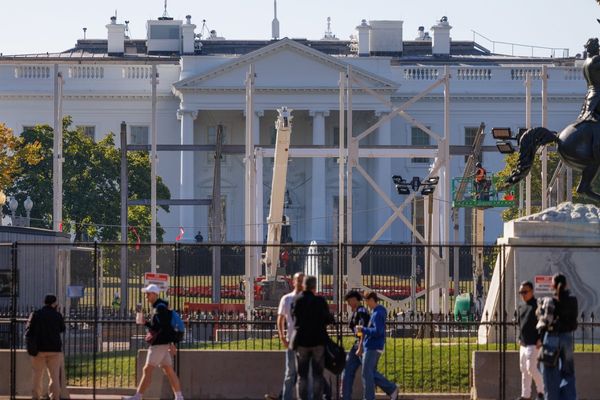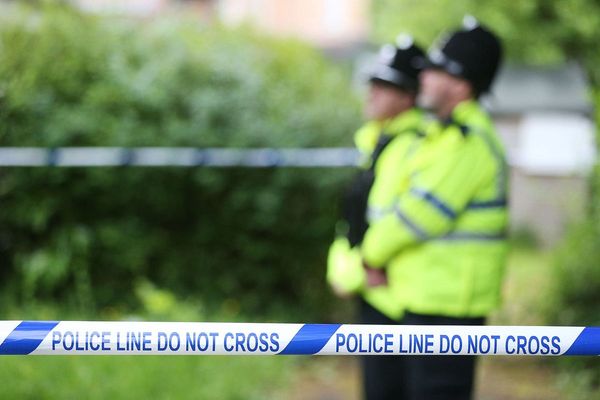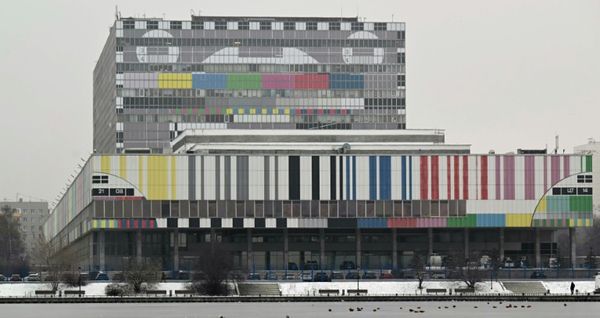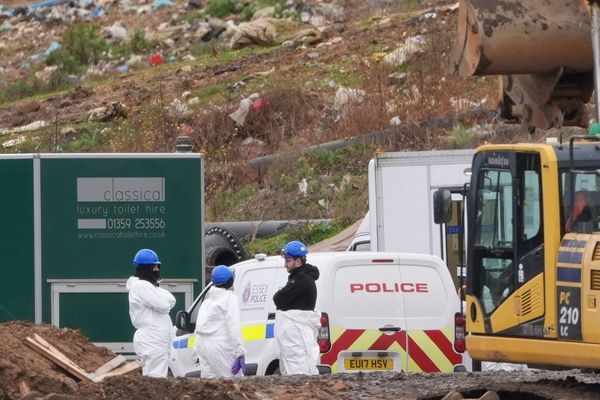
When Warren Keith Nicholl and his wife, Mary, were passing through Canberra on their way to Perisher Valley for a holiday in July 1962, Mr Nicholl, then a barrister in NSW, had his "eyes opened" because the nation's capital "wasn't such a large town then".
It prompted him to open chambers in the ACT only one month later.
That formed the basis for him and fellow lawyers Robert "Bill" Bailey and Warwick Stanley Johnson, both of whom were also from the adjoining jurisdiction, to formally launch the ACT Bar Association shortly after.
Indeed, it was only half a year later that Mr Nicholl organised for a formal court sitting with three judges, made up of visiting judicial officers, to hear him announce the formation of the bar.
In a 2002 interview with historian Susan Marsden, he said "the then Commonwealth Solicitor-General, Sir Kenneth Bailey, came over and addressed the court welcoming the formation of an independent bar".
When asked about the necessity for the bar, Mr Nicholl said "you needed an entity to deal with government and also from unity comes strength".
"I mean, that just seemed obvious to anybody who came, as I did, from NSW that you needed to have a bar association and, once there were three of us, we felt we could do that," he said.
Six decades later and Mr Nicholl - who eventually served as a territory magistrate from 1970 until 1996 and established a number of key improvements to the Magistrates Court - has been remembered for his "energy, his warmth and his generosity of spirit" after he died peacefully at 91 years old in a Sydney aged-care facility on July 7.
Father who had courtesy for all
The first answer Maree Whybourne gave when asked about her father's career highlights was "his commitment to courtesy and dignity for all those in his court".
"He was also a great stickler for manners because they all had a purpose," she says.
"I remember this clearly, in the early days it was very much a police court ... so when dad came, that heralded a new age of procedures in court." Speaking from Melbourne, Ms Whybourne says this included using honorifics to address those charged with wrongdoing.
"He was also very concerned about those who were less lucky in life, like the vulnerable among us," she says.
"Like those with mental illness and women on their own."

Mr Nicholl, who was a member of the St Vincent de Paul Society for some time, drew attention to issues if he saw something he felt needed attention, Ms Whybourne says.
She says her father's great achievement outside of the legal profession was being married to her mother, Mary, for 67 years.
"She needed care and he was determined that she be cared for appropriately," she says.
"He accompanied her on that journey, but he at that stage also had Alzheimer's.
"He had four children of whom he was very proud."
Besides family, Mr Nicholl was found at Yarralumla's Commonwealth Club every Saturday morning playing tennis with what Ms Whybourne describes as a "changing and eclectic group for many, many years".
"It didn't matter if you were the garbage man or an embassy official, they invited people to play," she says.
"He was very loving and he had a fabulous and dry sense of humour.
"He came from a family of lawyers - his father was a lawyer as were his two brothers, who predeceased him sadly even though he was the eldest.
"So wit and words were very important to them. That's something that nearly everybody has mentioned."
Close friend recalls key feats
Former ACT chief magistrate Ron Cahill met Mr Nicholl in 1969, leading to a lifelong friendship.
Mr Cahill came to the territory first as a prosecutor and described his close colleague as being supportive and encouraging of positive changes, particularly in relation to law and procedural reforms.
"In the earlier days, late 60s and early 70s, it was very much police dominated - I don't mean that badly but the police got the run of the courts," he says.
"Warren and I were very much in favour of having professional prosecutors, which was a forerunner to the DPP.
"That's now become commonplace where decisions are made outside the arresting officer or the police."

Mr Cahill says the police were shocked when Mr Nicholl became a magistrate.
"Warren had been a defence barrister and that caused a bit of a rupture because he wasn't the same mould that would just necessarily accept things," he says.
Mr Cahill says another strength of Mr Nicholl - not only at the bench but also in life generally - was his willingness to give others a chance to be heard.
"He didn't know who you were but he'd evaluate the case and give an objective opinion rather than have a predisposed idea," Mr Cahill says.
In capturing other parts of Mr Nicholl's character, the now 77-year-old Melbourne man recalls when he instead of his close friend was appointed chief magistrate.
"Warren, like all people, desired to be the boss and he was probably the logical successor but for reasons unbeknown to me, I was selected," he said.
"He said to me 'look, I'm disappointed - give me 24 hours and you'll have my 100 per cent support'.
"That continued for about 20 years until he retired and that's the quality of the man."
Mr Nicholl also enjoyed mentoring young people and he led the way in ensuring that a court has "an educative function, as well as a judicial one," Mr Cahill says.
'Significant chapter' now closed
Following the news of Mr Nicholl's death, the ACT Bar released a statement paying tribute to him and his leadership in opening the bar "in the face of considerable opposition from the local legal profession".
"With his passing, we farewell the last of the founding fathers of the ACT Bar," the statement reads.
"The energy that Warren applied to the task of establishing the ACT Bar was typical of his approach to legal practice."
The statement says Mr Nicholl's death was the end of a significant chapter in the bar's history. "Warren will be remembered for his energy, his warmth and his generosity of spirit," the bar says.
Mr Nicholl is survived by his wife, four children, 10 grandchildren and eight great grandchildren. His life was celebrated with a Requiem Mass at St Joseph's Catholic Church in Neutral Bay on July 14.
We've made it a whole lot easier for you to have your say. Our new comment platform requires only one log-in to access articles and to join the discussion on The Canberra Times website. Find out how to register so you can enjoy civil, friendly and engaging discussions. See our moderation policy here.







